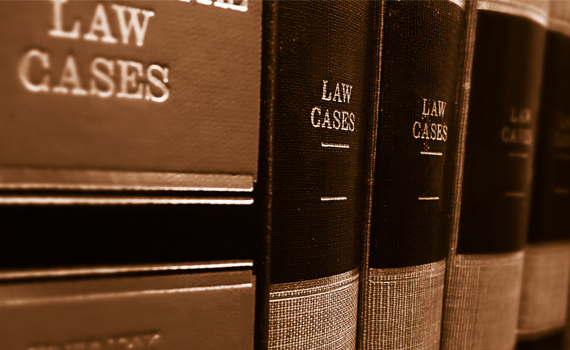
Law and Legal Resources Menu (Click to Expand)
Law and Legal Resources Home [1]
Legal Sources-Local (City/County Codes) [2]
Legal Sources-State [3]
Legal Sources-Federal [4]
Court Decisions [5]
Law Libraries and Law Schools [6]
Self-Help and Specialized Legal Pages [7]
Find a Lawyer [8]
Free Legal Clinics [9]
Legal Forms [10]
Constitution of the United States [11]
Original text of the Constitution with links to amendments.
Constitution of the United States, Analysis and Interpretation [12]
Constitution and amendments annotated with references to United States Supreme Court Cases.
United States Code [13]
The U. S. Code is the current, official compilation of the laws of the United States. It is divided into 50 titles and kept current by supplements. You may also link to another searchable version of the Code available at the Cornell University Legal Information Institute U.S. Code [14] site or you can go to the searchable version at the U.S. House of Representatives Office of the Law Revision Counsel [15].
Uniform Commercial Code – LII [16]
The Uniform Commercial Code (UCC) is a comprehensive set of laws governing all commercial transactions in the United States. It is not a federal law, but a uniformly adopted state law. Because the UCC has been universally adopted, businesses can enter into contracts with confidence that the terms will be enforced in the same way by the courts of every American jurisdiction. The UCC has been called “the backbone of American commerce.”
Uniform Commercial Code – Uniform Law Commission [17]
The Uniform Commercial Code (UCC) is a comprehensive set of laws governing all commercial transactions in the United States. It is not a federal law, but a uniformly adopted state law. Uniformity of law is essential in this area for the interstate transaction of business. Because the UCC has been universally adopted, businesses can enter into contracts with confidence that the terms will be enforced in the same way by the courts of every American jurisdiction. The resulting certainty of business relationships allows businesses to grow and the American economy to thrive. For this reason, the UCC has been called “the backbone of American commerce.”
Federal Register [18]
Published Daily, the Federal Register contains the proposed rules of all federal agencies. By law, any proposed rule must be published first in the Federal Register for public scrutiny. The Federal Register contains other government documents, such as Presidential Proclamations, Executive Orders, and other documents required to be published by an act of Congress.
Code of Federal Regulations (C.F.R.) [19]
The C.F.R. contains all the rules and regulations currently in force for all federal agencies. The rules and regulations are as much the law as the statutes found in the U.S. Code. The C.F.R. is also divided into 50 titles, many, but not all, corresponding to the titles of the U.S. Code.
Congressional Bills [20]
Congress.gov, created by the Library Congress, allows searching for texts of bills going back to the 93rd Congress, full text of bills beginning with the 101st Congress, and historical records going back to the 6th Congress. The site also includes a listing of current legislative activities. More complete information on the scope of coverage is accessible on the help page [21].
Congressional Hearings on the Internet [22]
This site allows searching for Congressional Hearings by Committee, by Government Agency, by Lobby Group, and by Subject.
Congressional Record [23]
The Congressional Record contains a record of the debates, supposedly verbatim but often revised, held on the floors of the United States Senates and United States House of Representatives. It also includes the introduction of bills, resolutions, and amendments on a Congressional day; the text of many bills and resolutions; Presidential messages; and other types of communication or remarks made by individual Senate and House members.
A Guide to Presidential Documents [24]
Search here for Executive Orders, Proclamations and other Presidential documents.
Regulations.gov [25]
Federal documents that are open for review in the Federal Register may be found and reviewed here, and comments on the documents may be submitted. The site is intended to make it easier for the citizen to participate in the rule-making process. A citizen can submit comments on a regulation and have the government take his or her view into account.
U.S. Tax Code On-Line [26]
The complete text of the U.S. Tax Code can be accessed here in a variety of ways.